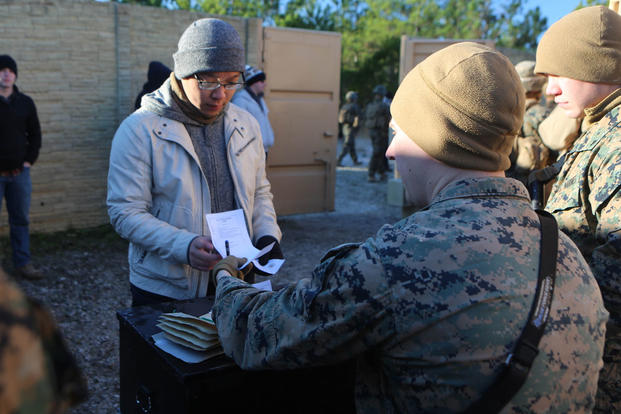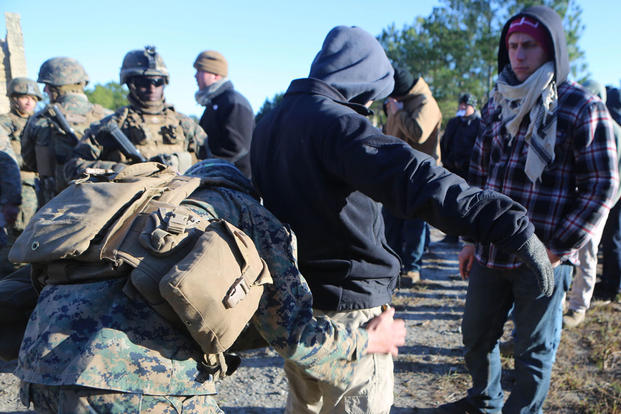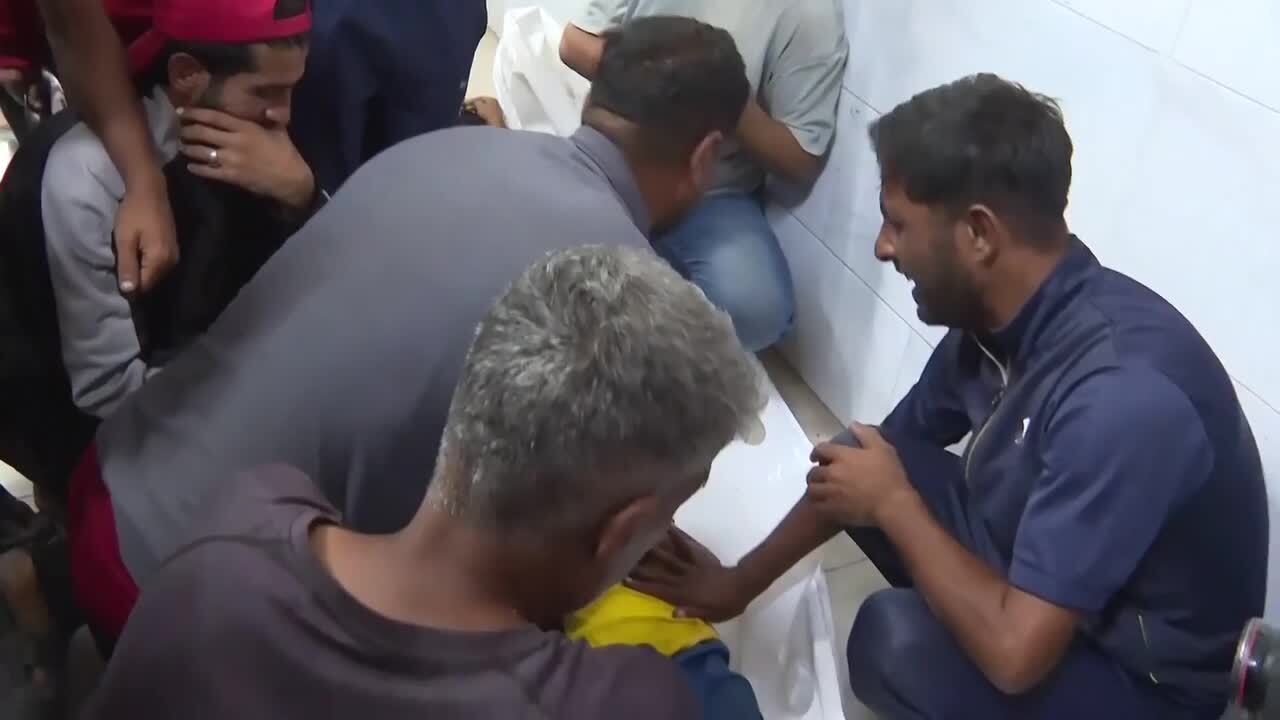MARINE CORPS BASE CAMP LEJEUNE, N.C. — More than 100 Marines with 2nd Battalion, 2nd Marine Regiment, conducted a noncombatant evacuation operation exercise Jan. 14, 2016 in preparation for the unit’s upcoming deployment to Okinawa, Japan.
Noncombatant evacuation operations are an ordered or authorized departure of civilian noncombatants and nonessential military personnel from danger in an overseas country to a designated safe haven, usually the United States. These evacuations could occur under a variety of circumstances, including civil unrest, military uprisings, environmental concerns and natural disasters.
During the exercise, the Marines built a makeshift evacuation control center to process refugee role players through a notional forward operating base. In a real situation while in a foreign country, United States citizens are taken to an ECC before being transported back to the U.S.
“We train for these types of situations in case we are ever in a hostile environment where we need to get American citizens out of the country,” said Gunnery Sgt. Alan Falkner, the company gunnery sergeant for Golf Co. “This is all important — no matter the situation we can quickly and efficiently process people and get them to where they need to be.”
Violence is not the only threat the Marines may face on deployments. The weather is another danger, but not one that can be defeated through combat.
“Typhoon season is coming up so we may need to participate in disaster and humanitarian relief efforts, so there are a lot of things this field op can help us with,” said Lance Cpl. Iakram Ramkellawan, a rifleman with the unit. “You never know what can happen around the world, you never know where you are going to be [and] what you are going to be doing at the time — so if you’re prepared you will be able to adapt quickly.”
The Marine Corps executes this training in every clime and place to ensure that no matter where or when, we can assist whoever needs our assistance, explained Falkner.
“We do this not only for American citizens, but also for those who are in need,” Falkner said. “You never know what could happen, but we will be ready when it comes.”
Marines ran through the scenario multiple times to ensure each Marine had a firm understanding of the procedure in order to perform to the best of their abilities if the need arises.































